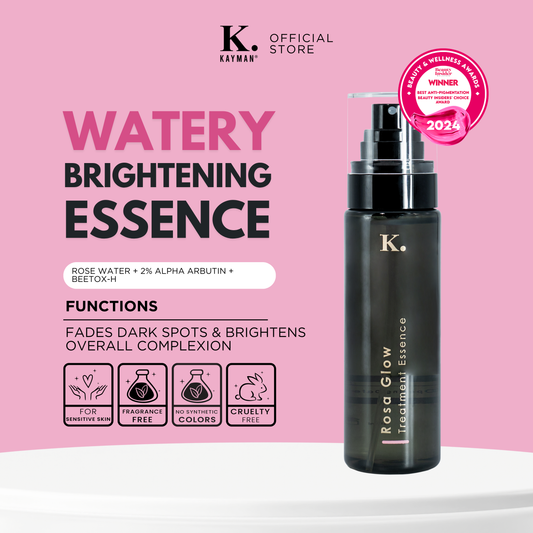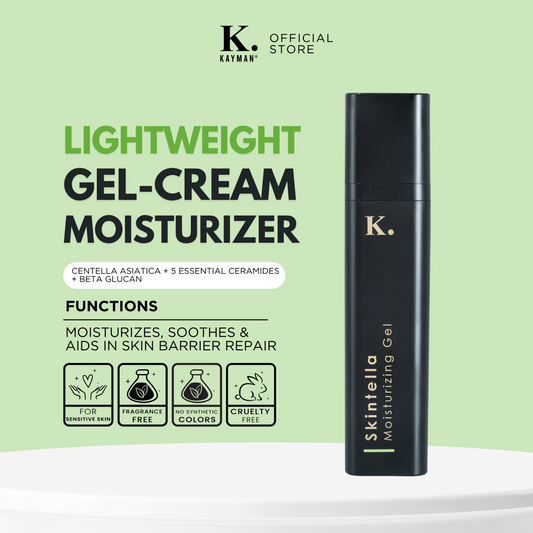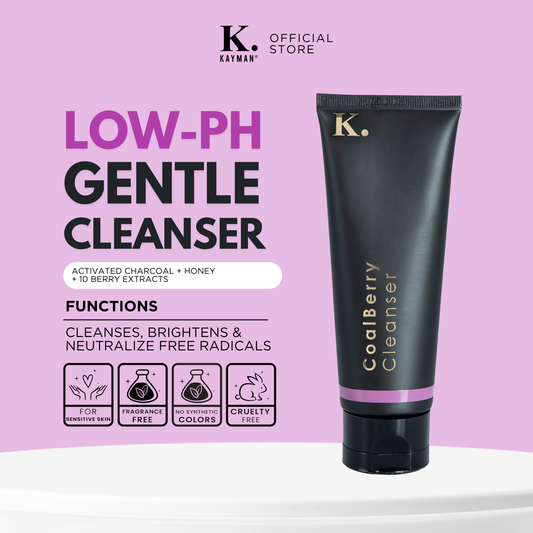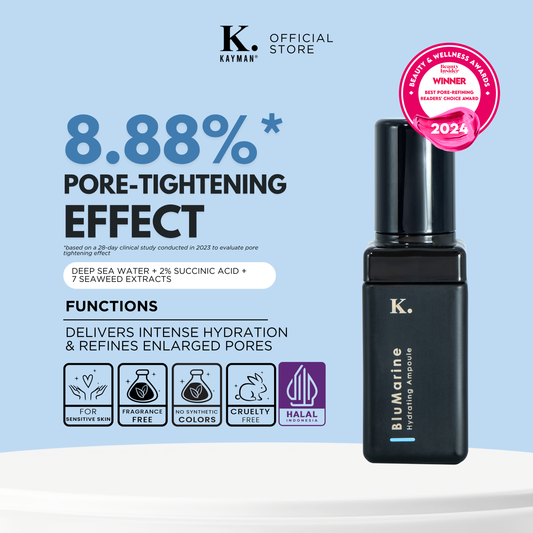Maintaining a healthy skin barrier, or stratum corneum, is crucial as it protects the skin from damage that can be caused by external irritants. Also known as the outermost layer of the skin, the barrier acts as a shield to safeguard your skin from the bad stuff like bacteria or allergens, and the barrier also works to prevent moisture loss, or often referred to as trans-epidermal water loss (TEWL). When your skin barrier is not in good condition, it can worsen your skin conditions or further aggravate existing concerns. If damaged, your skin barrier will cause your skin to become more vulnerable against irritants and allergens.
How do you know if your skin barrier is not in good condition?
If you experience a stinging sensation when applying your skincare products, even products you’ve used forever, that’s one of the signs. If you are dealing with acne, your breakout will become more inflamed and seems almost impossible to heal. Your skin will feel dry and rough, and you may experience some redness, inflammation and maybe even flaking. It may not always be visibly obvious, but you can definitely feel that something is wrong with your skin.
If you experience any of the signs above, here are six ingredients you can definitely look for to maintain a good and healthy skin barrier:
1. NIACINAMIDE
Also known as vitamin B3 and nicotinamide, niacinamide has the ability to strengthen the skin barrier. It helps to reduce TEWL and increase the moisture content of the outermost layer of the skin, resulting in a thicker and stronger barrier. Not only is this ingredient fantastic for the skin barrier, but it can also reduce the appearance of dark spots and hyperpigmentation.
2. CERAMIDE
Ceramides are lipids or fats that are found naturally in the uppermost layers of our skin. It’s like superglue that helps to hold the skin together by forming a protective layer, which can then prevent moisture loss from happening. As we get older, our skin’s natural ceramides will start to decrease. But luckily for us, ceramides can also be found in skincare products. Ceramides help to strengthen the skin barrier and increase hydration by encouraging our skin to naturally produce lipids, or fats, by itself.
3. HYALURONIC ACID
Hyaluronic acid is a very well-known ingredient in the skincare community. Don’t be fooled by the name, though; hyaluronic acid is not an exfoliating ingredient like alpha hydroxy acid (AHA) or beta-hydroxy acid (BHA). It is actually a moisture-binding ingredient that helps keep the skin plump and stay hydrated. Hyaluronic acid (HA) can attract and hold up to 1,000 times its weight in water within the cells of the skin.
4. CAPRYLIC/CAPRIC TRIGLYCERIDES
This is an excellent ingredient for every skin type, as it is considered to be gentle on the skin. It works by creating a barrier on the surface of the skin which then helps to reduce moisture loss, keeping the skin well hydrated.
5. BETA-GLUCAN
This is an underrated ingredient in the skincare community. We recently found out about this ingredient around 2018. Beta-glucans have the ability to penetrate the epidermis and dermis to deeply moisturize the skin. It also helps to fend off bacteria that could disrupt the skin's barrier. Beta-glucan and hyaluronic acid (HA) are similar in a way since both are hydrating to the skin, but tests have shown that beta-glucan is 20% more hydrating than HA. So if you’re not a fan of HA because you live in a dry surrounding or climate, then you’ll absolutely love beta-glucans.
6. SQUALANE
Squalane is a wonderful ingredient that helps to replenish the skin’s moisture barrier. It can prevent loss of hydration that may lead to a damaged barrier. Quoted from The Ordinary, squalane oil has very high emollience and is an exceptional hydrator. Squalane oil is non-comedogenic, making it suitable for all skin types. It is also highly stable, meaning it has a long shelf life and won’t oxidize.
When your barrier is in good condition, you’ll find that you don’t experience so many skin problems. Hope this article helps some of you to repair and maintain your natural skin barrier.














